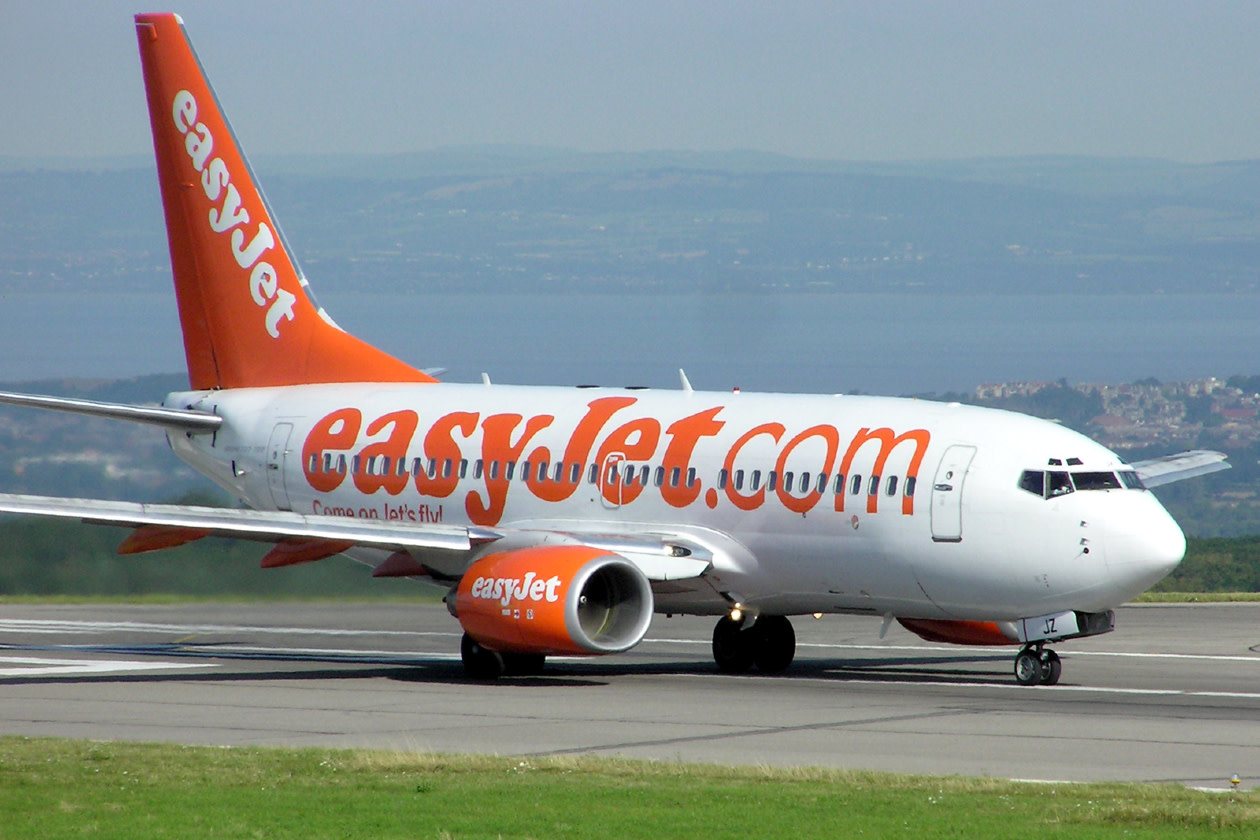easyJet’s revenue per seat (RPS) rose 8% in the second quarter, which was better-than-expected. This reflected strong demand and helped losses over the winter period fall by around £50mn. Headline loss before tax is expected to be £340 - £360mn for the full year.
The group saw a £40mn direct impact from disruption in the Middle East, and flights to Israel have been suspended for the summer. Overall capacity is expected to increase 8% in the second half. easyJet continues to see strong demand for its holidays business and overall summer bookings are building “well”.
The shares rose 4.9% in early trading.
Our view
easyJet is being rewarded for a very resilient showing. There will be relief that disruption from the Middle East has been quantified, and that the financial impact is manageable. But on top of that, consumers are continuing to prioritise travel.
Zooming out, it's not just that travel is important for consumers. That's a rising tide that lifts all ships. There are some easyJet-specific elements to the success story. The group is particularly successful at selling extras to existing passengers. So-called ancillary revenues are things like extra baggage, legroom and food. This is a growing, and highly lucrative area, and the growth has been impressive. easyJet is also targeting a higher share of sunseeker's budgets through its holidays division. We're impressed with the step change in profitability here and see potential for more growth.
easyJet's ability to sell these add-ons and encourage strong demand stems from its route strategy. It focuses on profitable Western European routes within major airports. It's also invested heavily in bolstering its presence at these major airports and improving its routes. It's an approach that sets easyJet apart from other low-cost carriers - who trim costs by flying in and out of smaller, less convenient airports.
Plans to buy close to another 160 aircraft in the coming decade is also a way the group's trying to future-proof its best-in-class route strategy. This more aggressive approach increases risk if demand were to take a sharp knock backwards, so we'd like more information on how it's being funded. But overall, we're supportive of the move to put the order in now. And there's still enough financial bandwidth to support the reinstatement of the dividends. These should increase in 2024 if all goes to plan, but as always, shareholder returns aren't guaranteed.
We should point out that if the economic backdrop is worse than expected this year, then we could see a reduction in the number of bookings.
The final thing to consider is escalating geopolitical tension, which has the potential to escalate and impact bookings. This hasn't dented investor sentiment, but as with any situation like this, that can change at short notice.
We think easyJet is well-placed within its sector and comes with growth opportunities. There are some risks, especially in the short term, so be prepared for ups and downs.
An independent Non-Executive director of Hargreaves Lansdown plc is also an Independent Non-Executive Director of easyJet plc.
easyJet key facts
All ratios are sourced from Refinitiv, based on previous day’s closing values. Please remember yields are variable and not a reliable indicator of future income. Keep in mind key figures shouldn’t be looked at on their own – it’s important to understand the big picture.
This article is not advice or a recommendation to buy, sell or hold any investment.No view is given on the present or future value or price of any investment, and investors should form their own view on any proposed investment.This article has not been prepared in accordance with legal requirements designed to promote the independence of investment research and is considered a marketing communication.Non - independent research is not subject to FCA rules prohibiting dealing ahead of research, however HL has put controls in place(including dealing restrictions, physical and information barriers) to manage potential conflicts of interest presented by such dealing.Please see our full non - independent research disclosure for more information.


